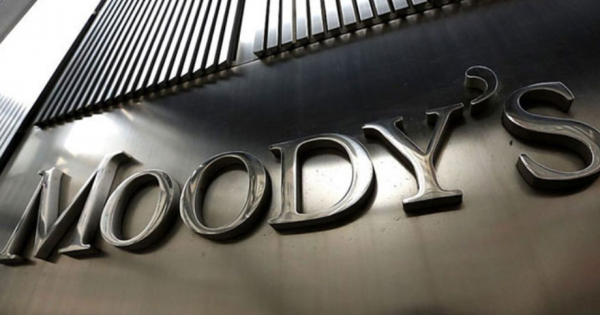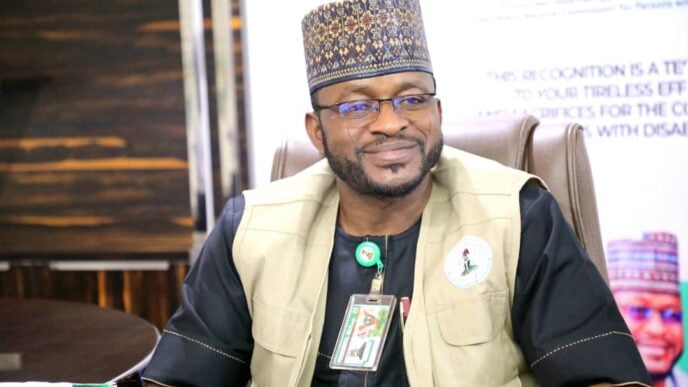Moody’s, a US-based rating agency, has upgraded Nigeria’s issuer rating from Caa1 to B3, citing significant improvements in the country’s external and fiscal positions.
The rating firm also revised Nigeria’s outlook to “stable” from “positive”, with expectations that recent progress on external and fiscal fronts will continue — though at a slower pace, if oil prices fall.
Moody’s said inflationary risks in Nigeria, fuelled by policy shifts, have diminished.
The agency added that inflation and domestic borrowing costs are showing nascent signs of easing, bolstering confidence in the stability of the policy changes.
Advertisement
“The upgrade reflects significant improvements in Nigeria’s external and fiscal positions. A more flexible exchange rate has greatly bolstered external reserves,” Moody’s said in a statement.
“Concurrently, the removal of oil subsidies has alleviated budgetary spending pressures. Initially, these policy shifts posed inflationary risks, with, as a result, a potential for policy reversal. These risks have now diminished, with inflation and domestic borrowing costs showing nascent signs of easing, giving us confidence that the policy changes are becoming more entrenched.
“Moreover, tax reforms have started yielding results. Although vulnerabilities related to oil prices and the exchange rate remain, Nigeria’s more robust buffers support a B3 rating.
Advertisement
“The stable outlook reflects our expectations that external and fiscal improvements will decelerate but will not reverse entirely.”
A credit rating is a measure of how likely a company or government entity can repay its debts, based on an independent assessment of its financial health.
Moody’s is one of the three prominent rating agencies in the world with significant influence in the global financial market.
Reacting to the agency’s rating on Nigeria in a statement on Friday, the federal ministry of finance said the decision reflects growing domestic and international confidence in the nation’s ongoing economic reforms and improvements in its fiscal and external positions under the administration of President Bola Tinubu.
Advertisement
According to the statement, signed by Mohammed Manga, the ministry’s director of information and public relations, the federal government welcomed Moody’s decision to upgrade the country’s rating.
“It follows a similar upgrade by Fitch Ratings, which recently raised Nigeria’s credit rating from ‘B-’ to ‘B’, with a stable outlook,” the statement reads.
“This marks the second positive rating action by Moody’s since the beginning of President Tinubu’s administration, following its previous upgrade from Caa1 Stable to Caa1 Positive in December 2023.”
‘POSITIVE OUTLOOK REFLECTS OUR ADMINISTRATION’S DETERMINATION’
Advertisement
Reacting to the development, Wale Edun, minister of finance and coordinating minister of the economy, said the upgrade is a recognition of the government’s reform agenda.
He said the positive outlook reflects the government’s determination and “the tremendous work being carried out across various Ministries, Departments, and Agencies (MDAs)— including our monetary policy authorities at the Central Bank of Nigeria (CBN) — to stabilize the economy, attract investment, and ensure inclusive and sustainable growth for all Nigerians”
Advertisement
“Since taking office, the Tinubu-led administration has implemented tough but necessary policy measures to tackle long-standing economic challenges,” Edun said.
“These include enhanced revenue mobilization, improved public financial management, and strategic partnerships to unlock infrastructure financing and increase private sector participation.”
Advertisement
Describing the upgrade as “timely”, the minister said it came at a period when the government is focused on accelerating sustained, and inclusive growth, supported by both domestic and foreign private investment.
He added that the ministry, in partnership with the CBN, remains committed to preserving macroeconomic stability, ensuring debt sustainability, and maintaining sound fiscal management.
Advertisement











